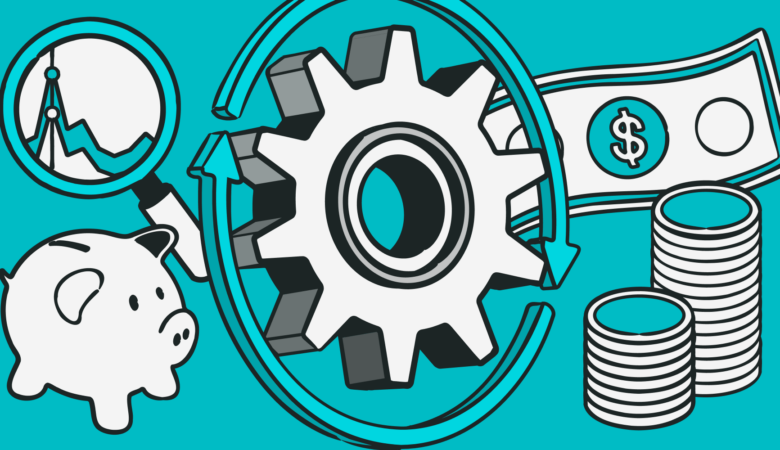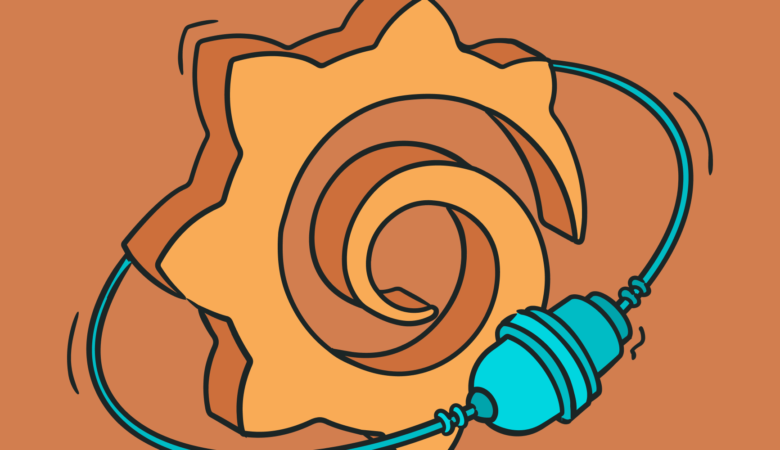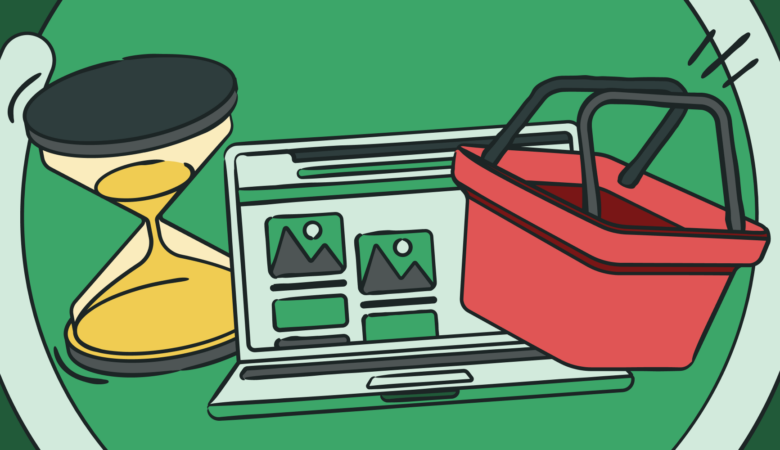Short answer: Yes! Net Neutrality is a civic issue, and one that needs to be addressed by everyone regardless of their technical knowledge. Here’s why…
What’s happening:
The open internet, a public utility that many of us depend on daily, is being threatened. Internet Service Providers (ISPs), legislators, and even the FCC are attempting to change the way that we access the internet, in an attempt to limit its use to people who can afford to pay based on their usage.
Why this is not okay:
A free and open internet gives people an equal opportunity to innovate, spread ideas, speak freely, and engage in commerce on an international scale. By handing over the keys to the internet to big corporations like Comcast, Verizon, and AT&T, we are also handing away a freedom that everyone can enjoy equally.
Think about it: if ISPs get to decide how our internet traffic flows, who is to say that they cannot charge you more money to access certain websites or block your visit altogether?
The internet was founded on the basic idea that all information must be treated equally. While it is unlikely that we would suffer from such 1984-esque service controls and paywalls, ISPs have already proven that if given the chance, they will give their customers and other businesses a shakedown for profit. (See: Netflix and Net Neutrality)
We owe it to ourselves, and to our fellow people to fight for the open internet and to hold decision makers accountable. By doing our due diligence, and informing each other (even relatives that ask for free tech support), we can help save the internet.
‘Net Neutrality is Under Attack’ photo by Free Press / Flickr
Tips for explaining Net Neutrality to a non-techie
Cater to what they know, but make them think
Techies and non-techies alike know that the internet can be used as a force for good. It is common knowledge that the internet has provided people all around the world with a way to communicate freely across vast distances, as well as to send and receive large amounts of information. And watch Netflix. Or browse Facebook. Oh, and also to buy things off of Amazon.
The list goes on and on – the trick is to use something that you know they know and love to show that Net Neutrality is crucial to the truly open internet that they use every day. You don’t have to be a programmer, systems admin, or a technical support rep to care about this issue!
‘Equal Opportunity Still Loading’ photo by Timothy Karr / Flickr
Keep it simple, and respectful
It is easy to get overinvested in a discussion regarding something so near and dear to you, but overwhelming your audience and having them shut out the issue is the last thing you want. Be respectful!
By keeping your explanation succinct, to the point, and relatable to their experiences, you give your audience just enough information to begin to question what is happening, and to really think about Net Neutrality on their own terms. If things go well, they’ll want to learn about and discuss it more!
Be a well of information
No one wants to listen to somebody that doesn’t know what they are talking about. There are plenty of people who don’t know anything about Net Neutrality or the open internet (We’re looking at you, Senator Ted Cruz) but your goal should be to try to be a resource for people who want to learn more.
Use your passion, and continuously question what is going on with the issue of Net Neutrality. Read the latest news about what the President, or the FCC, or the ISPs are talking about in relation to the issues. Follow the discussions taking place. Be able to cite sources when necessary.
Some resources to help you raise awareness, and learn more
Net Neutrality in Pop Culture
- The Oatmeal Explains Net Neutrality to Senator Ted Cruz
- Comedian John Oliver: ‘Last Week Tonight’ on Net Neutrality
- Comedian John Hodgman on Net Neutrality
Net Neutrality Organizations
ISPs, Legislators, and the FCC on Net Neutrality
Have more links that should be added to the list? Tweet at us @UptrendsMonitor, and we’ll add them!





Leave a Reply